
CBSE Education System 2025 – A Complete Guide for Students, Parents, and Teachers
Table of Contents
CBSE-education-system-2025-guide
The Central Board of Secondary Education (CBSE), established in 1962, is India’s most trusted and widely recognized national education board. Operating under the Ministry of Education, Government of India, CBSE ensures academic excellence and uniformity in education across 27,000+ schools in India and 240+ schools abroad.
The Board conducts major national-level exams including:
- AISSE (Class 10 Board Exam)
- AISSCE (Class 12 Board Exam)
- CTET (Central Teacher Eligibility Test)
- Compartment and Improvement Exams
CBSE schools include government, private, Kendriya Vidyalayas, and Jawahar Navodaya Vidyalayas.
The Board’s headquarters are in New Delhi, supported by regional offices in major cities like Chennai, Guwahati, Ajmer, Allahabad, Delhi, Dehradun, Bhubaneswar, and more.
It sets academic standards, conducts board exams (Class 10 & 12), and supports schools in implementing effective teaching-learning practices. What makes CBSE unique is its emphasis on uniformity, inclusivity, and continuous improvement.
In 2025, CBSE is going beyond textbooks to make classrooms more interactive, inquiry-driven, and skills-based.
CBSE’s Vision and Mission
CBSE’s mission is to create an education system that nurtures every learner’s potential.
Its focus has shifted from memorization to competency, creativity, and character — the three pillars of modern learning.
Aligned with NEP 2020, CBSE is introducing subjects such as AI, coding, financial literacy, and design thinking to make students ready for the 21st century.
“The aim is to move beyond marks — to build minds that can think, create, and innovate.”
Governance and Leadership
CBSE Education System-2025-Guide : CBSE is governed by a Chairperson appointed by the Ministry of Education.
As of 2025, the Board is led by Ms. Nidhi Chhibber, IAS, who continues to drive reforms focused on competency-based education and technology integration.
The Board works closely with NCERT to design curricula, textbooks, and teacher training modules aligned with NEP 2020 goals.
What’s New in the CBSE Education System 2025
The year 2025 marks a turning point in Indian education. CBSE has launched reforms that make learning more skill-driven, experiential, and meaningful.
a. Holistic Progress Report (HPR)
The Holistic Progress Report replaces traditional report cards.
Instead of focusing only on marks, it presents a 360° view of a child’s development — academics, co-curricular skills, values, and participation.
👉 Read more: CBSE Holistic Progress Report Explained (2025)
Here is the sample Holistic Progress Card
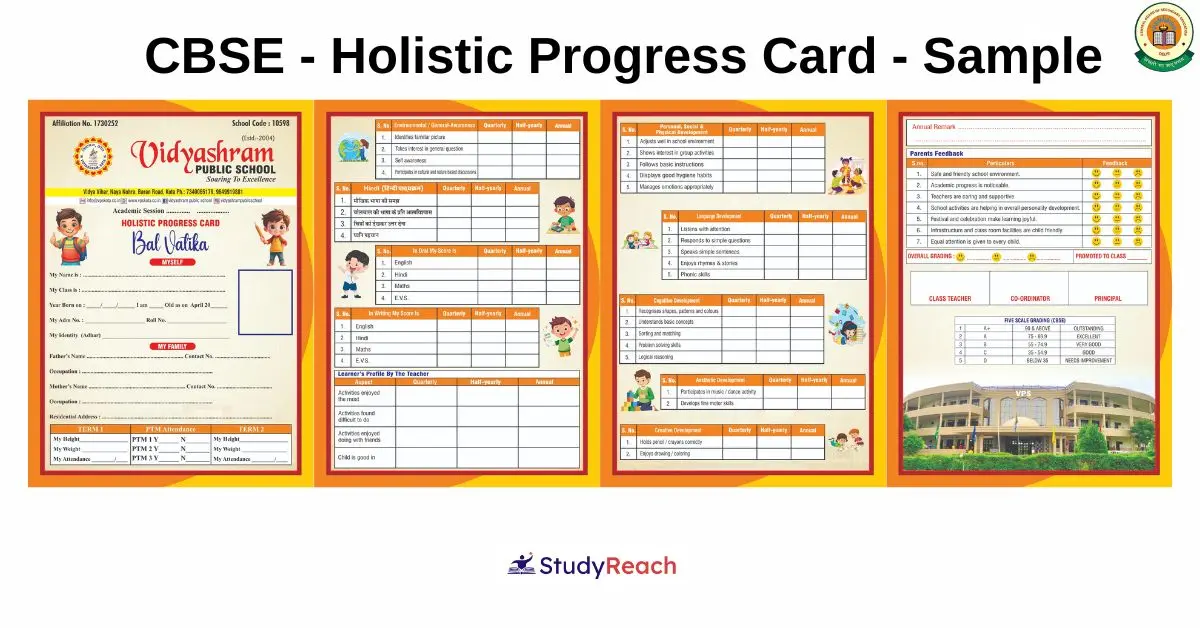
b. Assessment & Examination Reforms
CBSE is restructuring exams to :
- Focus on understanding and application, not rote learning.
- More case-based and competency-based questions.
- Greater weightage to internal assessments and practical projects.
- Introduction of open-book formats in selected subjects.
c. Skill-Based Learning and Art Integration
CBSE encourages art, sports, and real-life projects as part of academics.
Students now participate in vocational skill programs that bridge classroom learning with practical application.
d. NEP-Aligned School Practices
The NEP 2020 roadmap encourages:
- Flexibility in subject choices
- Emphasis on foundational literacy and numeracy
- 5+3+3+4 structure instead of 10+2
- Continuous teacher training through CBSE and DIKSHA platforms
👉 Read more: NEP 2020 AI India: 7 Powerful Ways Education Policy is Shaping the Future
How These Changes Affect Everyone
For Students:
- More freedom to learn conceptually and creatively
- Less pressure of marks, more focus on practical understanding
- Opportunities for skill-based certifications
For Teachers:
- Shift from traditional lectures to activity-based learning.
- Continuous professional development through CBSE training programs
- Use of digital tools and experiential activities in class
For Parents:
- Report cards will now show your child’s real growth, not just marks
- You’ll be more involved in assessing your child’s emotional and social development
- Schools may invite you to participate in student progress discussions
Implementation in Schools
Schools affiliated with CBSE are expected to:
- Adopt competency-based lesson plans
- Include peer learning, projects, and portfolios
- Conduct formative assessments regularly
- Use Holistic Progress Report formats recommended by the board
School leaders are encouraged to form “Learning Communities” among teachers to share best practices for NEP 2020 alignment.

The Future of CBSE Education
By 2030, CBSE envisions a fully AI-enabled and globally connected learning ecosystem.
Its future goals include:
- AI-based personalized learning platforms.
- Integration of digital classrooms in every school.
- Global academic collaborations and exchange programs.
- Real-time assessment analytics for teachers and parents.
“Instead of asking ‘How much did you score?’, the focus now is ‘What did you learn and how can you apply it?’”
“Education is not the learning of facts, but the training of the mind to think.” — Albert Einstein
Final Thoughts
CBSE 2025 isn’t just a new system — it’s a new philosophy of learning.
It encourages curiosity, collaboration, and compassion — the true pillars of modern education.
At StudyReach.in, we’ll continue bringing you the latest updates, simplified explanations, and real stories from schools implementing these changes successfully.
Stay tuned — and if you’re a teacher, student, or parent, you’re part of this exciting journey of change!
Explore More CBSE Articles
- CBSE Board Exam 2026: 10 Critical Changes Every Student Must Know
- CBSE Practical Exam Guidelines 2026: Key Dates & New Rules for Class 10 & 12 Updates 04.12.25
- Holistic Progress Report Card CBSE 2025 Guide
- Holistic Development in Education
- NEP 2020 & AI Education Policy
- CBSE–NCB Drug Awareness Programme: 5 Inspiring Steps for a Drug-Free Future
- CBSE Veer Gatha 5.0 (2025-26): Dates, Guidelines & How Students Can Participate
- CBSE Single Girl Child Scholarship 2025 (SGCS-X) – Public Notice
- Date sheet for Class X and XII for Board Examination 2026
- Motu Patlu Comics on Tax Awareness Launched by CBSE–Income Tax For Students
- JEE Main 2026 Registration Begins: Step-by-Step Guide to Apply, Exam Dates, and Key Details
- Class XI Registration Mandatory for JEE Main 2026 – Updates
- 10 Mistakes Students Make Before Exams (And How to Avoid Them)
- CBSE Bharatiya Bhasha Utsav 2025: Celebrating India’s Linguistic Heritage
Watch Videos
Date Sheet 2026 Released! CBSE Class 10 & 12 Exam Strategy | StudyReachबच्चे झूठ क्यों बोलते हैं, 7 SHOCKING कारण, “99% Parents नहीं जानते”, आप भी कर रहे ये गलती?“Students vs ChatGPT: क्या AI ने पढ़ाई बर्बाद कर दी? | Complete Truth 🔥”
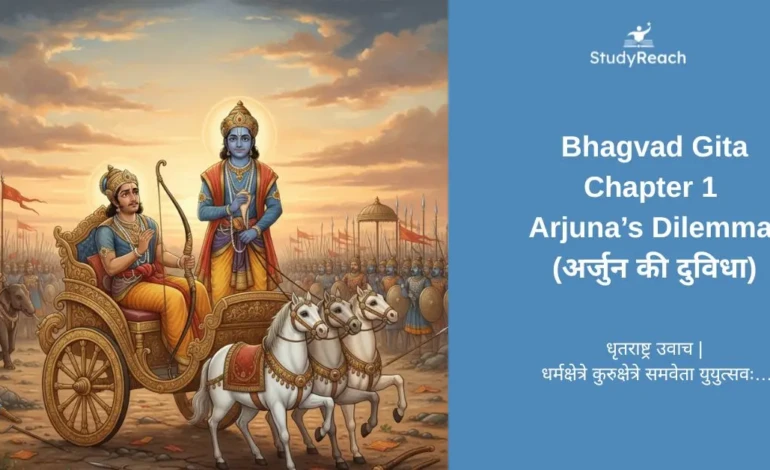
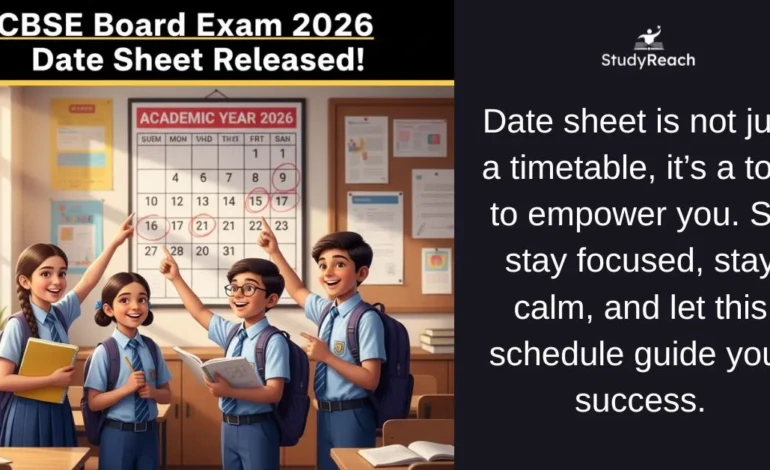

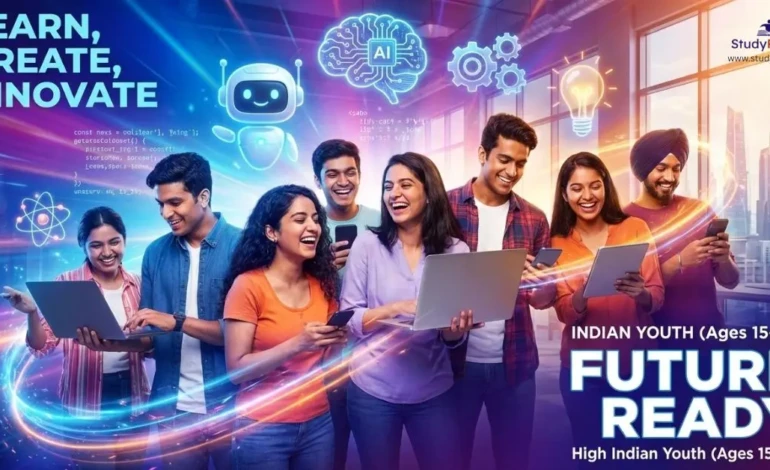
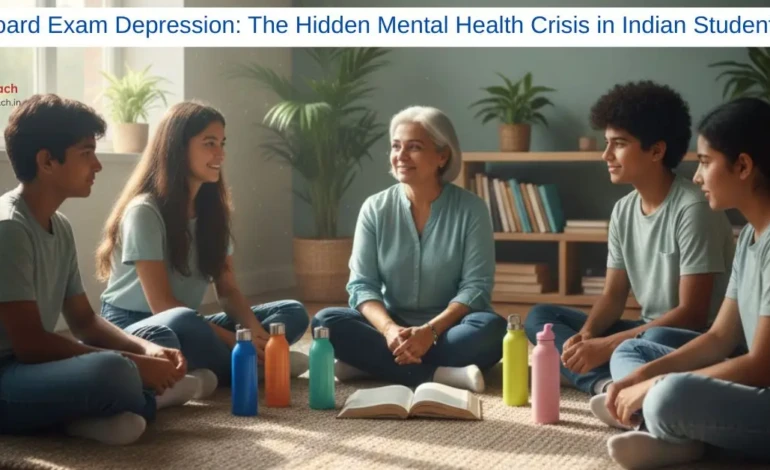
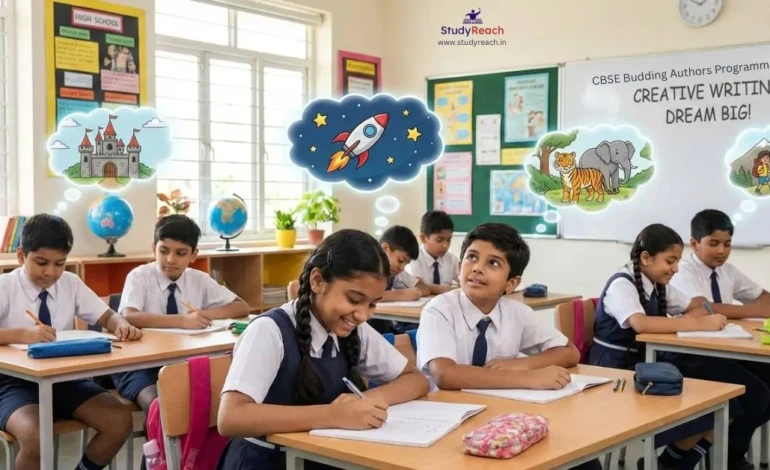
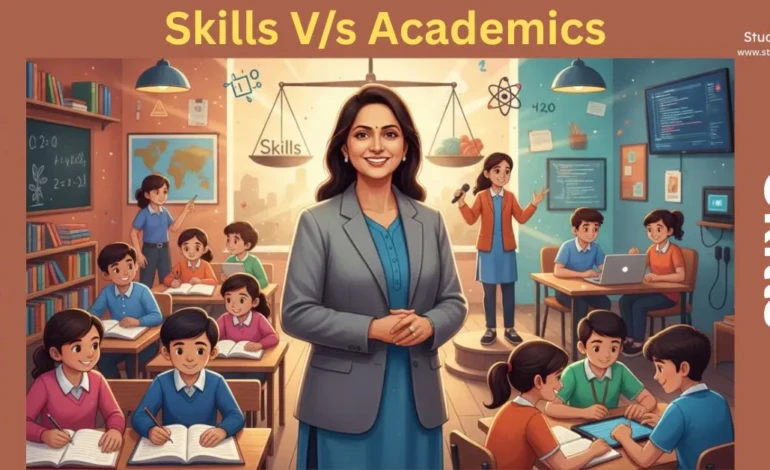


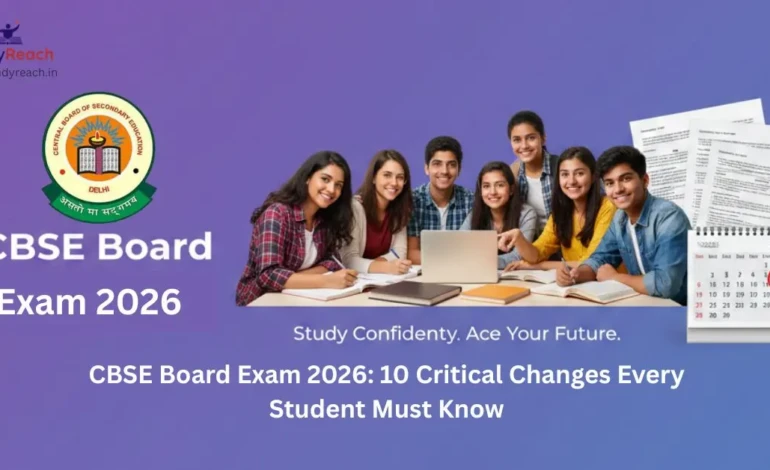
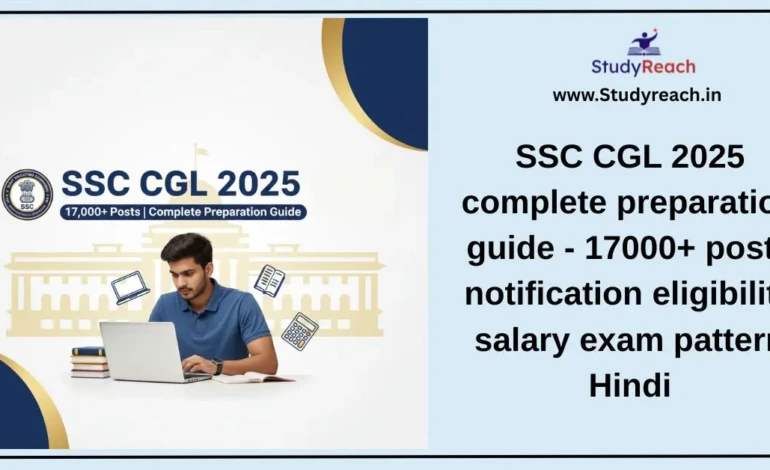

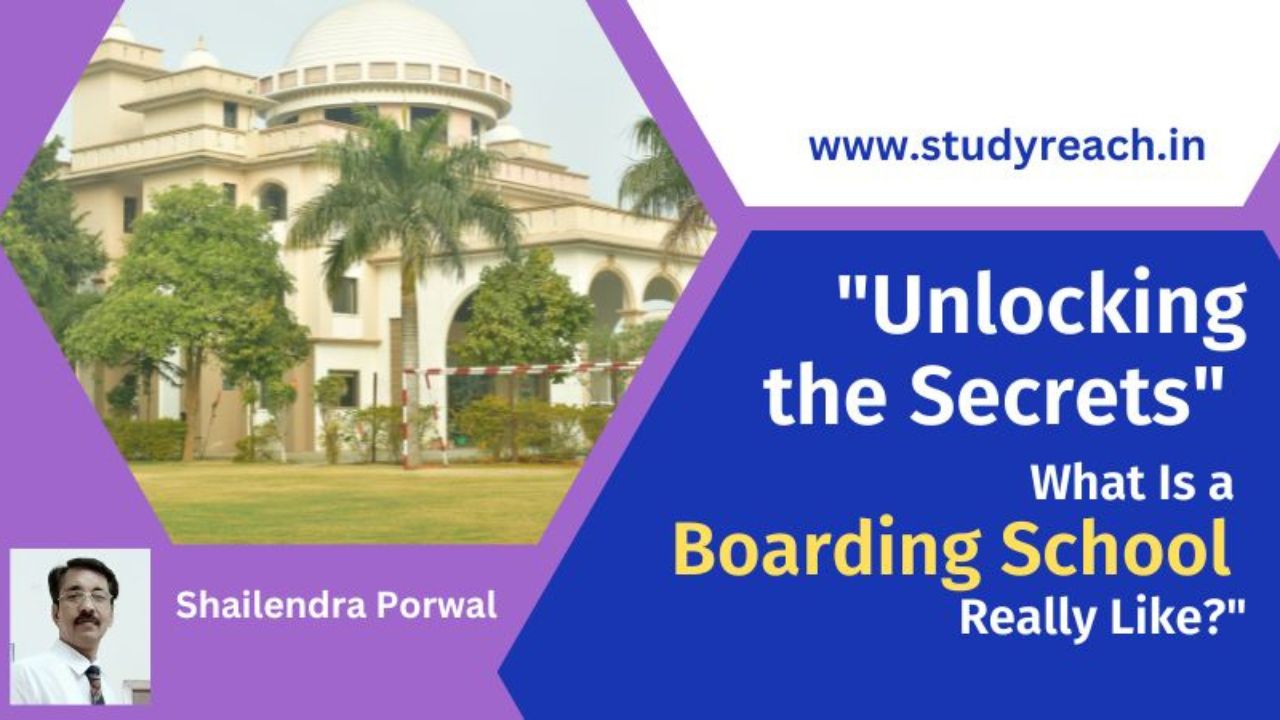
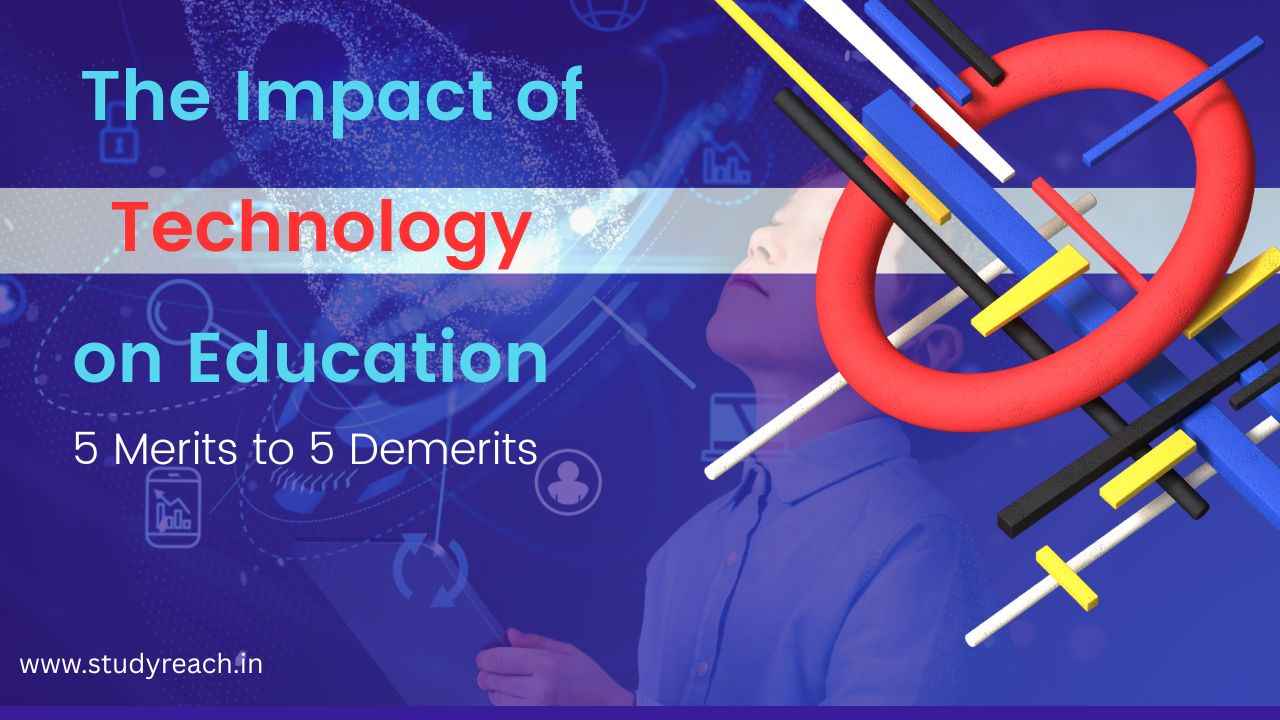
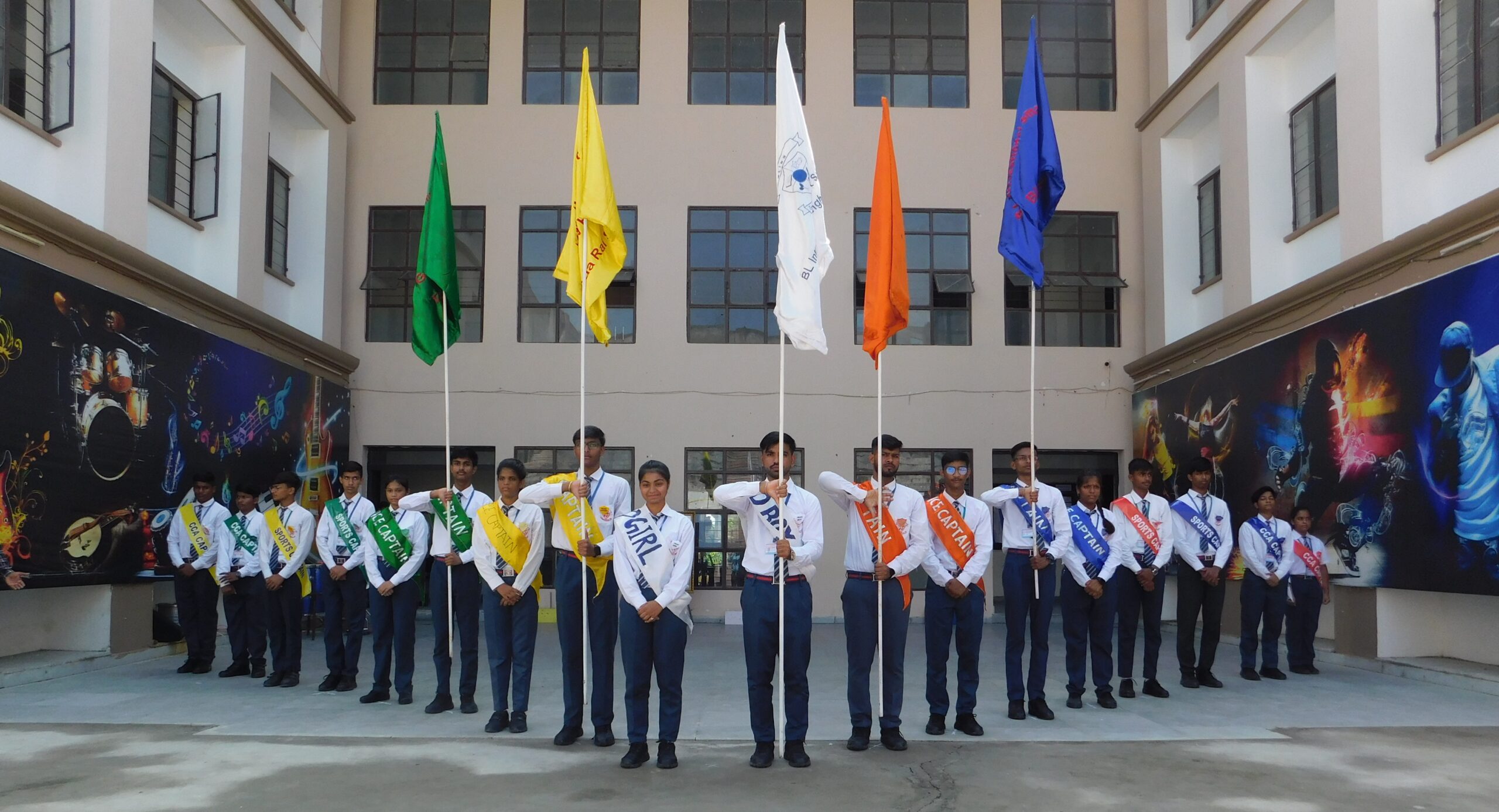
12 Comments
[…] This article is part of our CBSE 2025 Reform Series.“Read full overview: CBSE Education System 2025 – A Complete Guide” […]
[…] cbse-education-system-2025-guide 28 October 2025 at 5:31 […]
[…] This article is part of our CBSE 2025 Education Series, designed to help students, teachers, and parents understand the major reforms introduced by CBSE […]
[…] This article is part of our CBSE 2025 Education Series, designed to help students, teachers, and parents understand the major reforms introduced by CBSE […]
[…] This article is part of our CBSE 2025 Education Series, designed to help students, teachers, and parents understand the major reforms introduced by CBSE […]
[…] This article is part of our CBSE 2025 Education Series, designed to help students, teachers, and parents understand the major reforms introduced by CBSE […]
[…] CBSE Education System 2025 – A Complete Guide for Students, Parents, and Teachers […]
[…] This article is part of our CBSE 2025 Education Series, designed to help students, teachers, and parents understand the major reforms introduced by CBSE […]
[…] article is part of our CBSE 2025 Education Series, designed to help students, teachers, and parents understand the major reforms introduced by […]
[…] article is part of our CBSE 2025 Education Series, designed to help students, teachers, and parents understand the major reforms introduced by CBSE […]
[…] CBSE Education System 2025 – A Complete Guide for Students, Parents, and Teachers Click […]
[…] article is part of our CBSE 2025 Education Series, designed to help students, teachers, and parents understand the major reforms introduced by CBSE […]